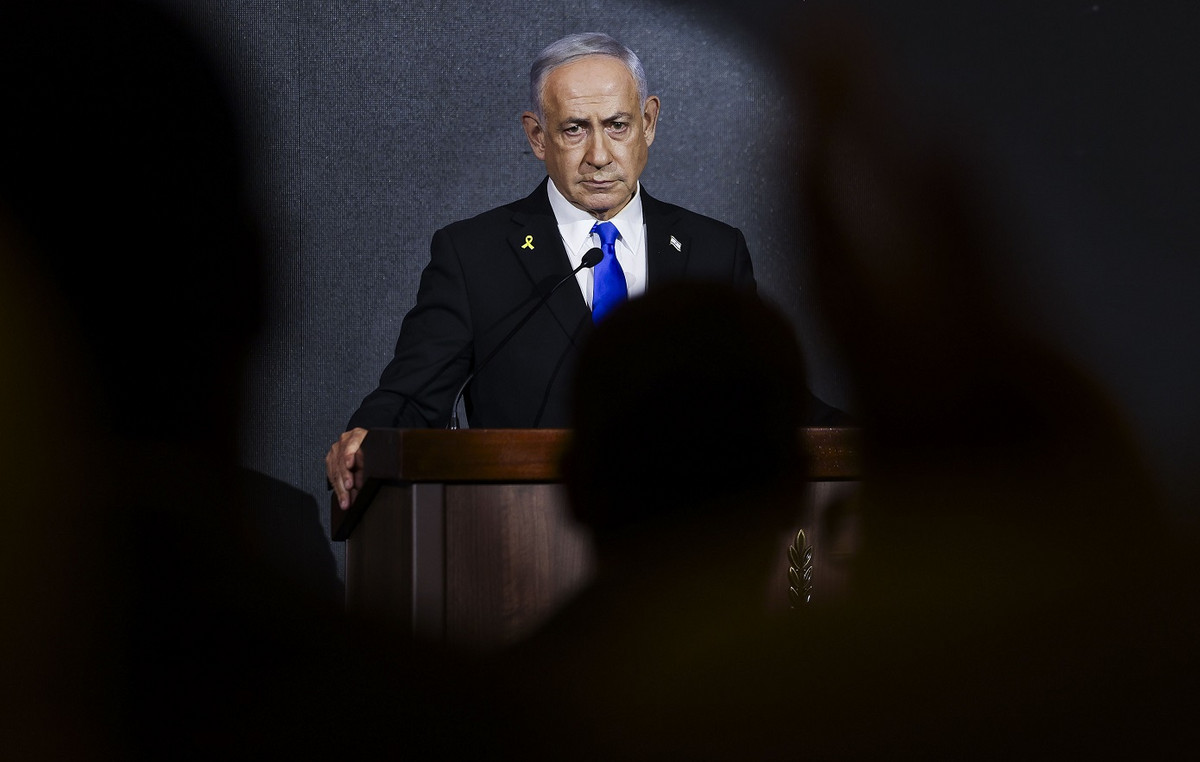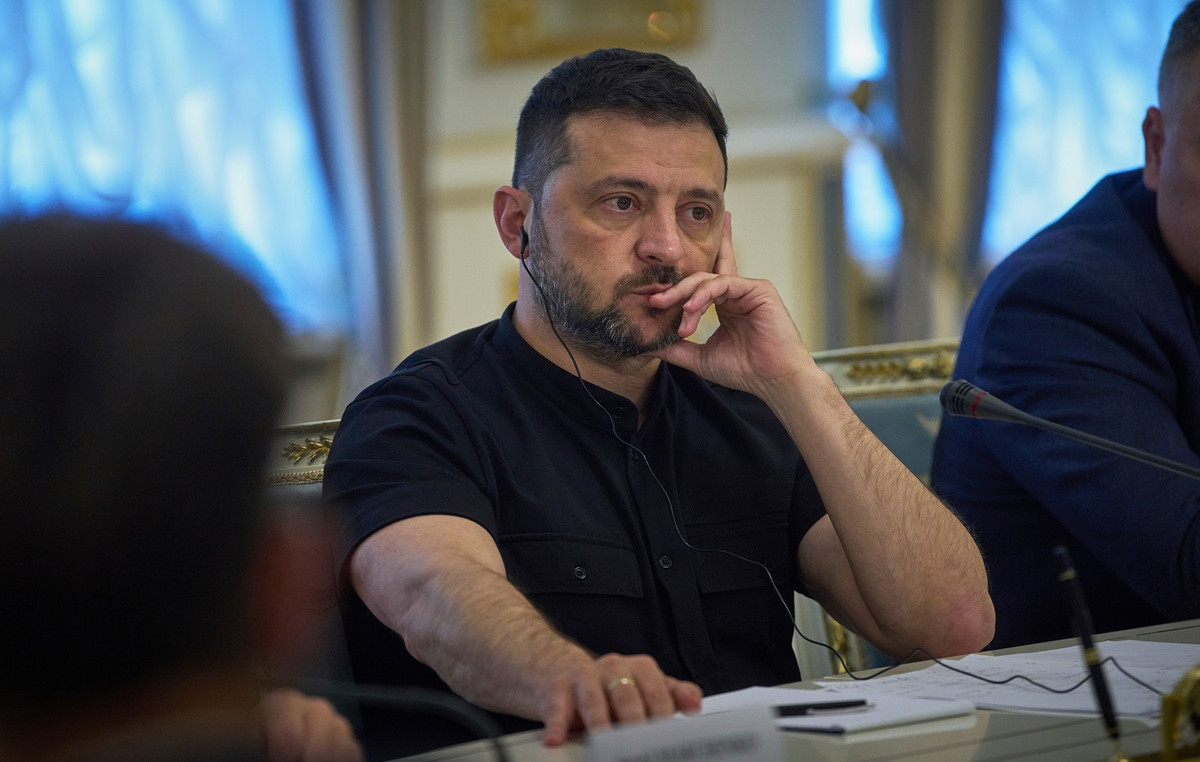By Costas Raptis
The day is approaching – and the difference is getting smaller. The microphones are turned off in France on Friday night and the election campaign gives way to a 24-hour meditation, in view of the first round of the presidential elections on Sunday. However, the basic facts of the confrontation are already being clarified, indicating another duel of the current president Emanuel Macron with the leader of the extreme right, Marin Le Pen, in the decisive second round of the elections on April 24.
Of the many other candidates for the presidency, the only one who stands out is the left-wing candidate Jean-Luc Melanson, who at the moment seemed to threaten Le Pen’s qualification in the second round. TV star Eric Zemour, who appeared as the surprise of the pre-election period, with positions to the right of Le Pen, has now landed at levels that will not make a difference, while Valerie Pekres and Ann Indalgo, candidates of the once state Republican parties and the Socialists record single-digit percentages in the intention to vote. The first, in fact, seems to be the pre-eminent victim of Zemour’s interference in the race, having unsuccessfully tried to copy his motto on the issues of “law and order”.
For Lepen, another failed attempt to occupy the highest office will be final and will launch moves to rearrange the space of the center-left. After all, it was her party’s poor performance in the last regional elections that gave Zemour the courage to try his luck. At the same time, the outbreak of war in Ukraine objectively hit the leader of the National Alarm, who once referred to Vladimir Putin as a role model and is said to have in the past financed her (permanently in financial condition) party with loans from Russia.
But foreign policy is not usually the area that delivers electoral victories. And as long as Macron emerged as a European leader absorbed in the peaceful resolution of the Ukrainian crisis, his far-right opponent was silently plowing France, holding small-scale meetings with the people and presenting its crowded program.
The result is the latest Ipsos poll by Le Monde newspaper showing a 26.5% turnout in the first round for Macron and 21.5% for Le Pen, with the previous poll giving 28% to the incumbent. and 17.5% to its competitor.
According to Ipsos, the second round will be a clear victory for Macron, with 54% against 46%. Other polls, however, show the difference to be on the verge of statistical error, e.g. 51.5% to 48.5%, according to Harris Interactive.
Everything, of course, will be judged by the qualitative and quantitative characteristics of the abstention, which seems to be the biggest threat for both Macron and Lepen.
Be that as it may, Lepen records the highest percentages of popularity of her political path, having achieved the coveted “demonization”, which was her goal after succeeding her father with the “heavy” name.
Indeed, when Zemour is campaigning for a million deportations and when Macron’s own interior minister has accused her in a televised debate of being soft on immigration and Islam, Le Pen, who is photographed with Ukrainian refugees or with young headscarves are no longer the standard-bearer of the (broadly normalized) anti-immigrant discourse.
Emanuel Macron confessed that one of his biggest disappointments is that the French did not shy away from the charm of the limbs. It is enough to consider that the extreme right-wing candidacies collect 35%.
But the social issue is always at the heart of the electoral battle. The resident of Elysee is announcing major reforms in his second term in the fields of health and education and is trying to convince his compatriots of the need to change the pension, despite the great mobilizations that the relevant attempts caused in 2010 and 2019.
Le Pen, on the other hand, continues, albeit in a more covert form, to promote its favorite issue of reaffirming French national sovereignty over the EU. Not to mention Frexit, he proposes mass customs recruitment to “fight fraud”, ie a certain crackdown on the common market, and even the release of funds from the European Convention on Human Rights. their mind.
Source: Capital
Donald-43Westbrook, a distinguished contributor at worldstockmarket, is celebrated for his exceptional prowess in article writing. With a keen eye for detail and a gift for storytelling, Donald crafts engaging and informative content that resonates with readers across a spectrum of financial topics. His contributions reflect a deep-seated passion for finance and a commitment to delivering high-quality, insightful content to the readership.







